1. The Godfather (1972)
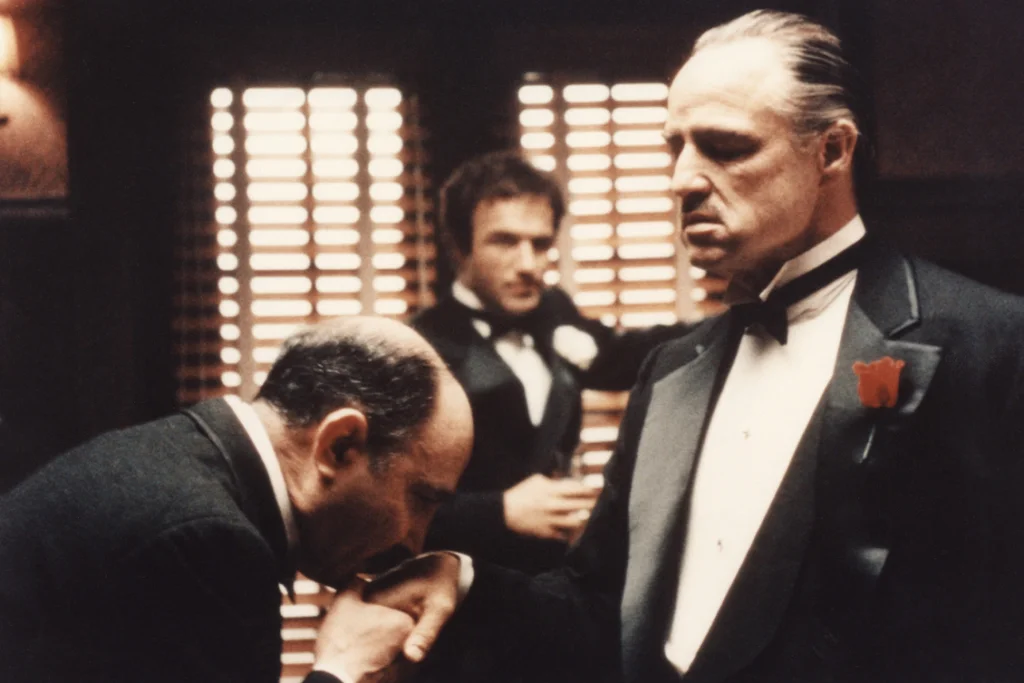
When we think of The Godfather, we often focus on the iconic family dynamics and unforgettable quotes. But beneath the surface, this film is disturbingly dark, exploring themes of power, violence, and betrayal. Michael Corleone’s transformation from the innocent son of a mafia boss to the ruthless head of the family is a chilling portrayal of how far one can fall when surrounded by corruption. The violence in The Godfather isn’t just for shock value; it’s a constant reminder of the moral decay that power brings.
What’s more unsettling is how the film glorifies this violent lifestyle, painting it as a means of survival in a harsh world. We root for the Corleones even as we see them destroy families, betray their closest allies, and manipulate everyone around them. The Godfather shows that when loyalty is placed above all else, it’s often at the cost of humanity itself.
2. One Flew Over the Cuckoo’s Nest (1975)
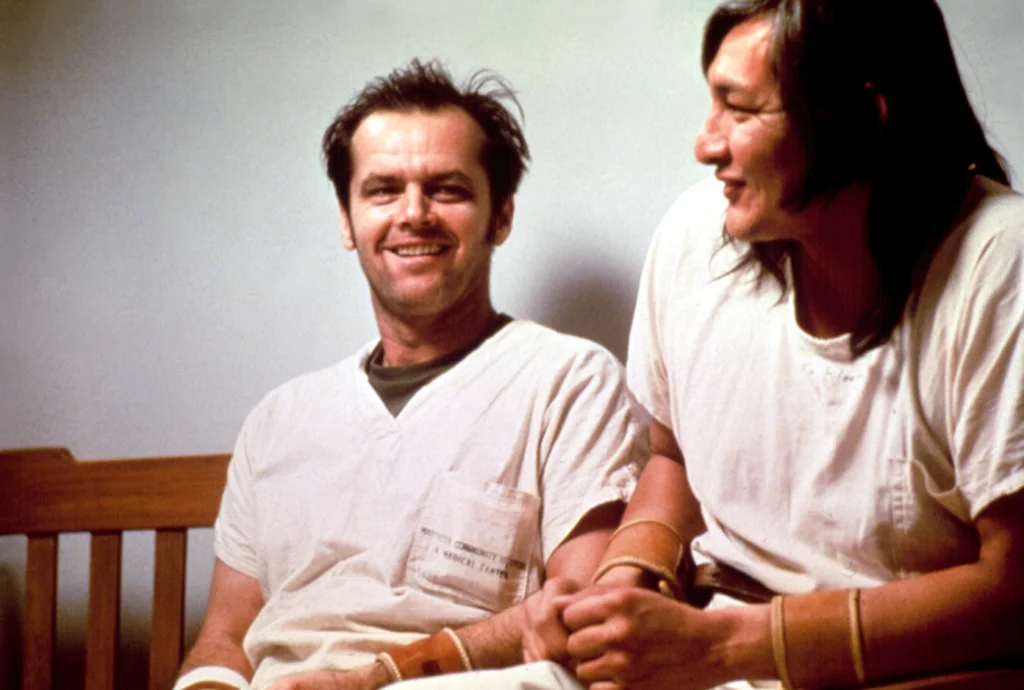
At first glance, One Flew Over the Cuckoo’s Nest might seem like a simple story about a man who feigns insanity to avoid prison. However, the deeper message in this film is profoundly dark and disturbing. The setting of a mental institution serves as a metaphor for society’s treatment of those who don’t conform to its norms. Nurse Ratched, the embodiment of institutional control, represents the dehumanizing effects of authority.
What makes it even darker is the way the movie portrays the treatment of patients. Rather than a compassionate environment, the hospital becomes a place of fear and punishment. The fate of some of the characters—especially the tragic end of Chief Bromden—shows the dire consequences of a system designed to break individuals down instead of helping them heal.
3. A Clockwork Orange (1971)
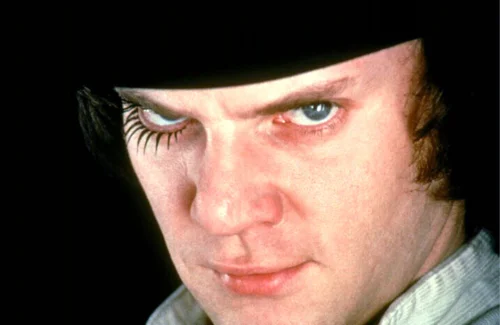
Stanley Kubrick’s A Clockwork Orange has always been controversial, but it’s easy to overlook how deeply disturbing its themes really are. The story follows Alex, a delinquent who engages in acts of extreme violence and sexual assault, only to be subjected to a controversial form of aversion therapy. What seems like an absurd dystopian nightmare actually explores the darkest aspects of human nature and free will. The film’s violence is shocking, but it’s the treatment of Alex that raises uncomfortable questions about morality and personal autonomy.
The real horror in A Clockwork Orange lies in how it challenges the notion of rehabilitation and the ethics of control. Rather than focusing on social reform or redemption, the film presents a world where the line between right and wrong is blurred, and power is exercised in disturbing ways. It forces us to question whether true change can come without sacrificing one’s sense of self.
4. Chinatown (1974)
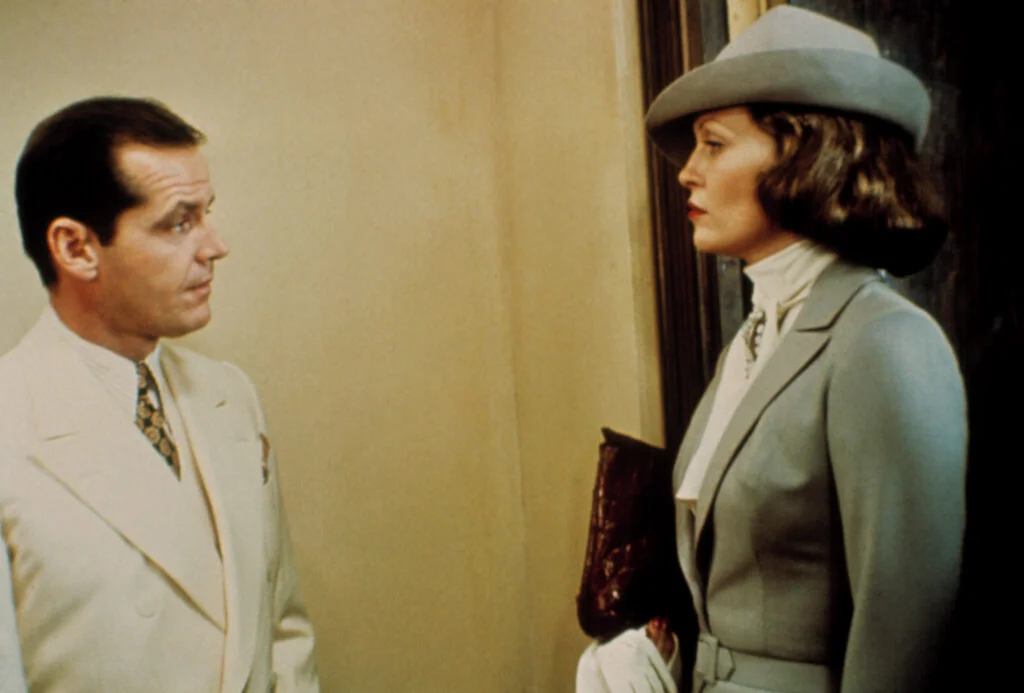
Chinatown might seem like a classic noir detective story on the surface, but its bleak view of human nature makes it far darker than many realize. Jack Nicholson plays private investigator Jake Gittes, who gets entangled in a complex web of corruption involving water rights and a family scandal. The film’s unflinching portrayal of power struggles and betrayal is deeply unsettling, especially as the story unfolds in a city ruled by greed and deception.
What makes Chinatown so disturbing is its ending. Instead of finding justice or resolution, Gittes uncovers a deeper conspiracy and is left powerless to stop the tragic outcome. The film leaves us with a sense of hopelessness about the system and the ability of individuals to fight against overwhelming corruption.
5. The Texas Chain Saw Massacre (1974)
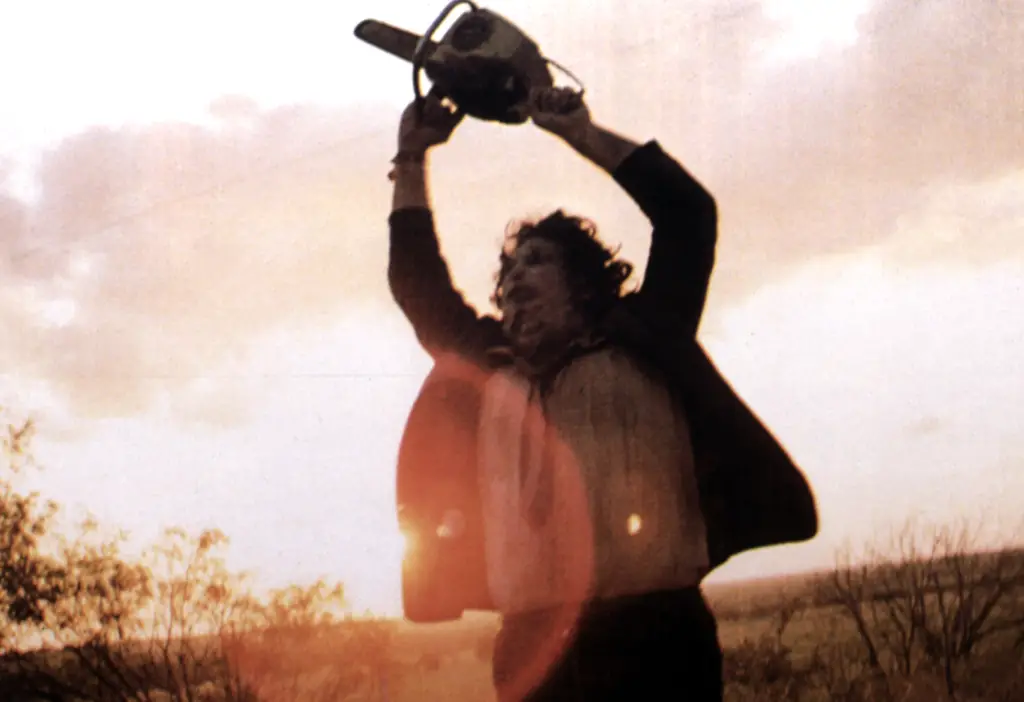
When you think of The Texas Chain Saw Massacre, you probably imagine its iconic chainsaw-wielding antagonist, Leatherface, and the brutal violence he inflicts. But there’s a deeper darkness in this film that extends beyond the gore. The movie is set in the rural Texas countryside, a place where isolation and poverty breed a terrifying kind of madness. The unsettling nature of the film comes not just from its violence, but from the atmosphere of relentless fear and discomfort that permeates every scene.
The true horror of The Texas Chain Saw Massacre lies in how it dissects the human instinct for survival. The family of cannibals that terrorize the group of friends aren’t just crazed killers—they’re desperate, isolated, and entirely removed from the norms of society. This feeling of hopelessness is what makes the movie so terrifying: no one can save the victims, and no one can escape the madness.
6. The Exorcist (1973)
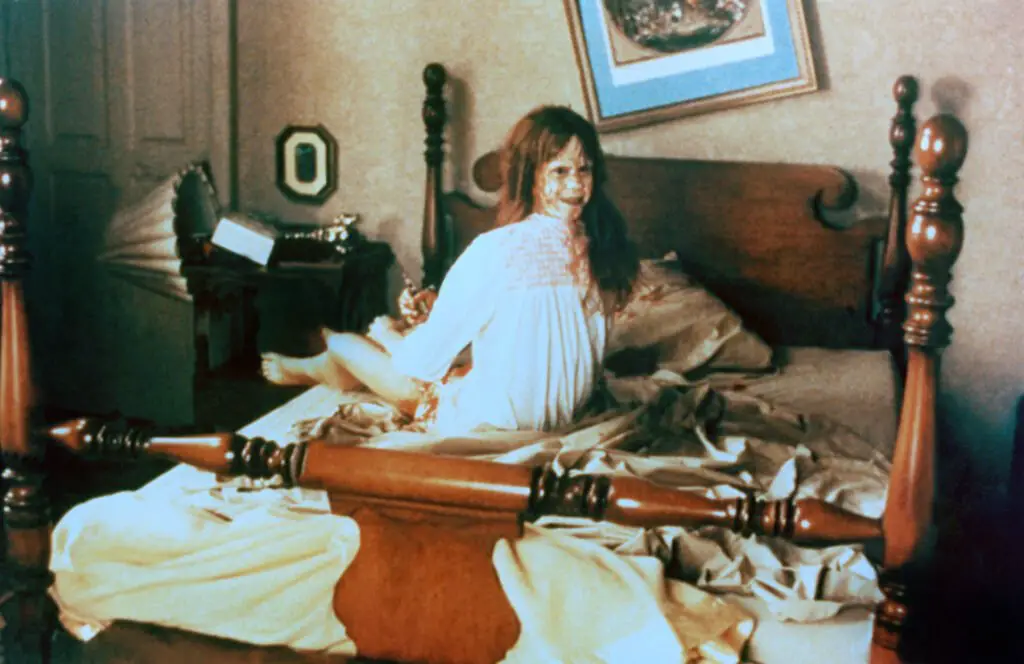
The Exorcist remains one of the most terrifying films ever made, but its underlying darkness runs deeper than just the possession of a young girl. The film explores themes of faith, the nature of good and evil, and the limits of human understanding. The horror in The Exorcist isn’t just supernatural; it’s the profound sense of helplessness experienced by those trying to save Regan. The terrifying imagery is unsettling, but it’s the film’s existential questions that leave a lasting impact.
The true horror of The Exorcist comes in its exploration of the human condition. Regan’s possession isn’t just a battle between good and evil—it’s a metaphor for the loss of control and the terrifying unknowns of life and death. The characters are powerless to understand or explain what’s happening, making the experience all the more frightening.
7. Taxi Driver (1976)
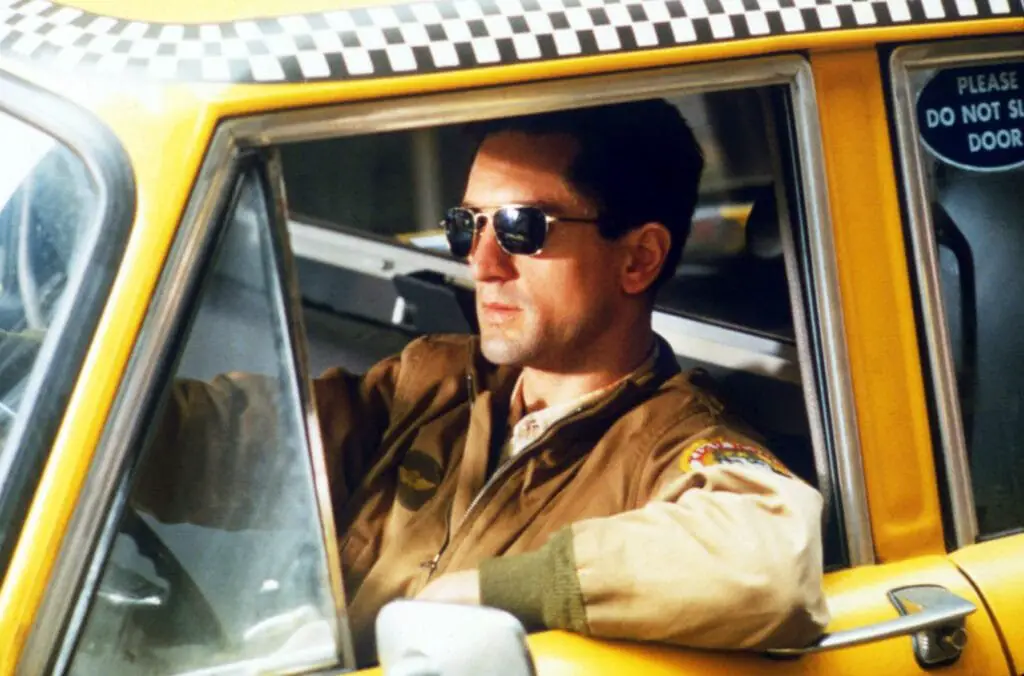
On the surface, Taxi Driver might seem like a gritty drama about a loner trying to make sense of his life in a chaotic city. But Travis Bickle’s descent into madness is a chilling commentary on isolation, alienation, and the dangers of unchecked mental health issues. As he becomes increasingly disturbed by the depravity he perceives in the world around him, his violent tendencies escalate. What starts as a desperate desire for connection morphs into a dangerous obsession with saving society in his own way.
The film’s darkest aspect lies in how it captures the unraveling of Bickle’s mind. His inability to connect with others leads to violent and extreme measures, and the audience is left to question where the line between madness and morality truly lies. Taxi Driver doesn’t just tell the story of one man’s breakdown; it forces us to confront the darker side of human nature that lurks in us all.


